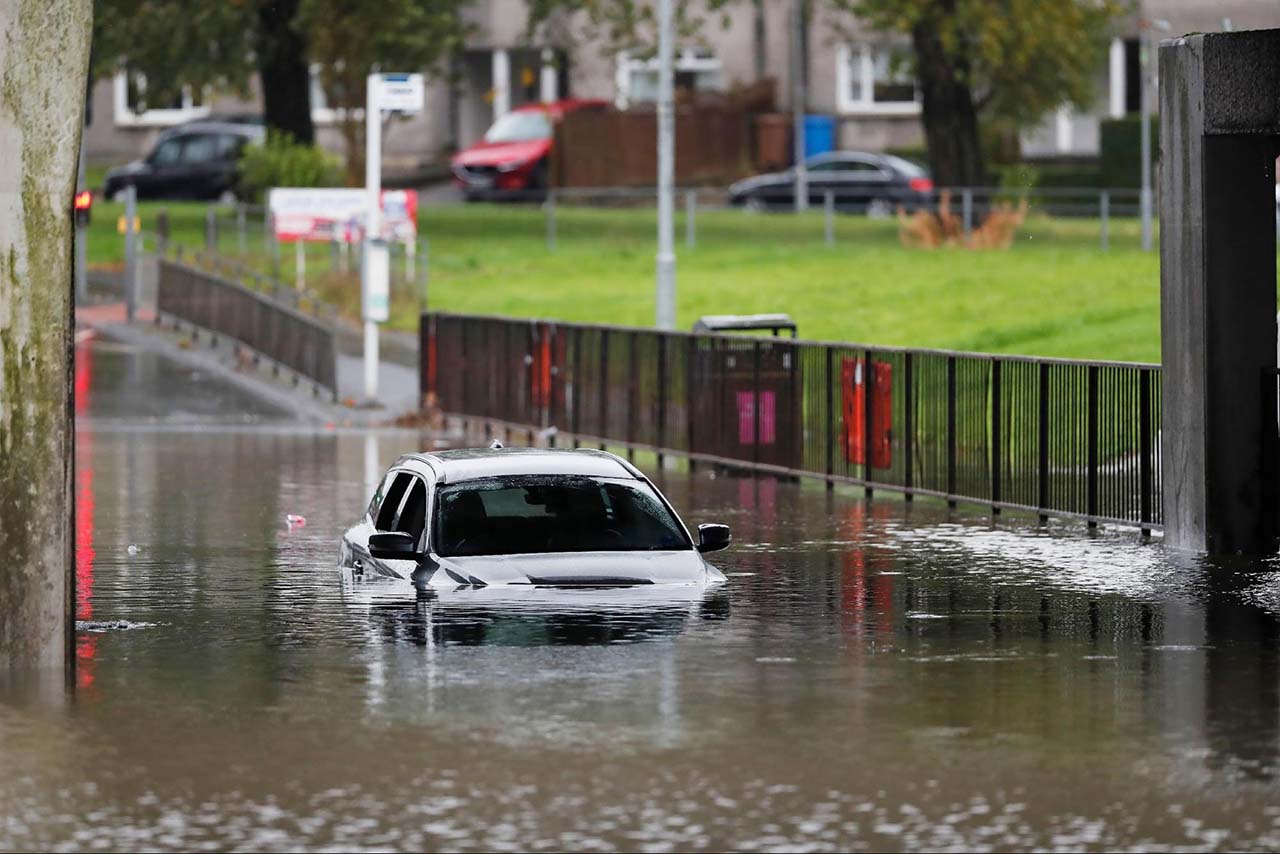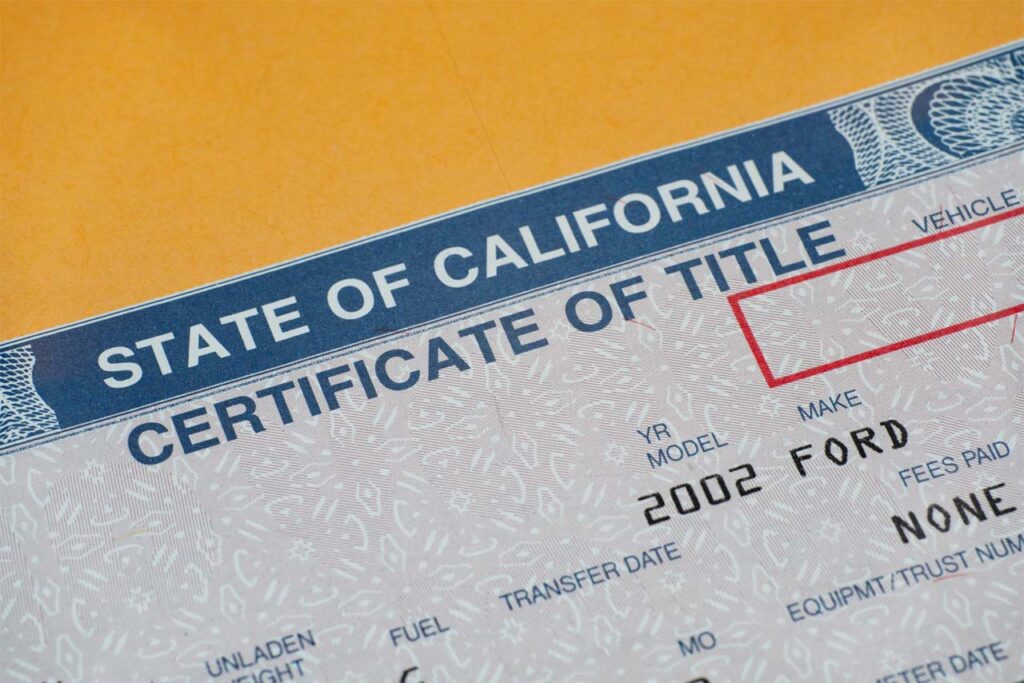
California Car Dealers Selling Salvage Title Cars Without Telling You? Know Your Rights Now
“I Didn’t Know It Was Salvage Until It Was Too Late”
“Ashley” was thrilled when she bought her first car from a dealership in Los Angeles. It looked flawless, drove smoothly, and the dealer even praised its “great condition.” But three months later, Ashley discovered the truth: the car had a salvaged title due to a past flood. Her insurance refused full coverage, and mechanics found corroded electronics throughout the engine bay. She had unknowingly bought a vehicle with a dark history—and she had been scammed.
Sadly, Ashley’s story isn’t rare. Every year, thousands of Californians unknowingly purchase salvage vehicles from car dealers who fail to disclose the vehicle’s true condition. In many cases, these cars are sold as if they are problem-free, despite having been through severe accidents, floods, fires, or thefts. Let’s walk through what a salvage title means, the risks it brings, and most importantly, what California law says about a dealer’s duty to disclose.
What Is a Salvage Title Vehicle?
A salvage title is issued when a car has suffered major damage—so much so that an insurance company deems it a total loss. This doesn’t always mean the vehicle can’t be repaired, but it does mean the cost to fix it exceeded its pre-damage value. Once this determination is made, the DMV permanently brands the car’s title as “salvage.”
Salvage-titled vehicles are often repaired and re-sold, sometimes by individuals, but often by used car dealers looking to make a quick profit. The law allows them to sell these vehicles, but they must inform the buyer clearly and in writing before the sale is finalized.
How Cars Become Salvage: Common Scenarios
There are several ways a car can earn a salvage title. Some are dramatic, like a collision that bends the frame or a fire that guts the interior. Others are less visible but equally damaging, like being submerged during a flood or stripped after a theft. In California, natural disasters can also contribute to these designations—think of cars affected by wildfires or mudslides.
Even though these vehicles can be cosmetically repaired and made to look almost new, the underlying damage may persist. And unless the buyer knows what to look for or demands a title check, the true history remains hidden.
How the DMV Brands and Tracks Salvage Titles
Once a car is deemed a total loss, the insurance company is required to report it to the California DMV. The DMV then brands the car’s title as “salvage.” This designation is a permanent part of the vehicle’s history. Even if the car is repaired, it cannot return to a clean title status.
When a salvage vehicle is later repaired and deemed roadworthy, it can be registered again—but only as a “revived salvage” vehicle. This branding is also recorded by third-party services like Carfax, AutoCheck, and the National Motor Vehicle Title Information System (NMVTIS).
Mechanical Risks of Buying a Salvage Title Vehicle
Salvage title cars can come with a host of mechanical issues. Even if the vehicle looks like it’s in good condition, the repairs may have been done poorly, or vital systems may have been ignored altogether. The most common mechanical risks include frame misalignment, suspension issues, damaged wiring, and failing electronics. In some cases, engines and transmissions may be patched together with mismatched parts or temporary fixes.
These vehicles might run well for a short time, but the problems tend to surface quickly, often costing the new owner thousands in unexpected repairs. And in many cases, mechanics are reluctant to work on salvage vehicles due to their unpredictable condition.

The Hidden Safety Dangers of Salvage Vehicles
The most concerning aspect of a salvage car is the safety risk. Key safety features like airbags, seatbelt tensioners, anti-lock braking systems, or electronic stability controls may no longer function properly. In some cases, these systems were never re-installed after the vehicle was repaired. A car might pass a basic inspection but still fail to protect its occupants in a crash.
Dealers who skip disclosures leave buyers unaware of these dangers, putting lives at risk.
Pricing Pitfalls: When Salvage Cars Are Overpriced
A properly priced salvage title vehicle should sell for significantly less than its clean-title equivalent—often 20% to 40% less. However, dishonest dealers sometimes try to hide the salvage status and sell the car at full market value.
This is not just a pricing issue; it’s fraud. If you pay $20,000 for a vehicle that’s really worth $12,000 due to its history, you’ve lost $8,000—and possibly more in future repair and resale losses.
Why Selling a Salvage Car Later Can Be a Nightmare
Salvage vehicles are hard to resell. Many private buyers and even dealerships will avoid purchasing a salvage car due to the risks and stigma. Even if you do find a buyer, expect to take a significant loss. Trade-in values are also much lower.
In short, you’re often stuck with the car or forced to sell it at a steep discount.
California Law: Dealers Must Disclose Salvage Status
Under California Vehicle Code, car dealers are legally obligated to disclose a vehicle’s salvage title in writing prior to the sale. This disclosure must be clear, detailed, and signed by both the dealer and the buyer. The law does not allow verbal explanations or hidden paperwork.
Dealers are also expected to provide a copy of the branded title to the buyer. Failure to follow these requirements can lead to legal consequences.
What Are Your Rights if You Bought a Salvage Car Without Knowing?
If a dealer failed to disclose the salvage status, you may have the right to cancel the contract, receive a refund, or sue for damages. This kind of nondisclosure is a serious violation of consumer protection laws in California, and courts tend to view such cases favorably for the buyer.
You also may be entitled to legal fees, which means the dealer could end up paying your attorney costs if you prevail.
The California Laws That Protect You from Dealer Fraud
Several legal frameworks protect consumers from this type of fraud:
- California Vehicle Code requires written salvage title disclosures.
- California Business and Professions Code prohibits unfair and deceptive business practices.
- Consumer Legal Remedies Act (CLRA) allows consumers to sue for misrepresentations and nondisclosures in transactions.
These laws ensure that you have a path to justice when misled by a car dealership.
Your Remedies: What Can You Do If You Were Misled?
If you bought a salvage title car unknowingly, California law may allow you to:
- Void the sale (rescission)
- Recover financial losses (damages)
- Force the dealer to cover attorney fees
- Possibly pursue punitive damages if the conduct was willful
A knowledgeable auto fraud attorney can help guide you through these options.

How to Check If a Car Has a Salvage Title Before Buying
Don’t rely solely on what the dealer says. Protect yourself with a few proactive steps:
- Run a vehicle history report using services like Carfax or AutoCheck.
- Use the National Motor Vehicle Title Information System (NMVTIS) for a low-cost title check. Visit Www.Vehiclehistory.gov to view the list of approved NMVTIS data providers.
- Ask the DMV directly about a vehicle’s title status.
- Inspect the actual title document—a salvage designation must be printed on it.
Doing your homework before the purchase can prevent heartache later.
How We Help Victims of Salvage Title Fraud
We have helped many consumers who bought a vehicle that “looked perfect.” Oftentimes, the vehicle is discovered to be salvaged after a consumer tries to sell the vehicle, it mechanically fails shortly after purchase, or it’s discovered to have major structural damage during routine maintenance. Ultimately, the dealer had never disclosed the salvage title. At the Law Office of Paul Mankin, we’ve helped consumers recover their full purchase price and additional compensation for expenses. We work on a contingency fee basis, meaning there will be no attorney fees if you don’t win or settle a case.
We fight for people just like you—people who were misled and deserve justice. Call us at 800-219-3577 if you suspect you or someone you know has been a victim of salvage title fraud.
Why This Is a Common Question Online—and What It Tells Us
Search trends show that thousands of Californians search terms like “dealer sold me a salvage title car” or “how to sue a car dealer for fraud.” This shows how common and underreported the issue is. Consumers often feel alone, unsure if what happened to them was even illegal.
Rest assured: it is illegal, and you have rights.
Can I Still Drive or Insure a Salvage Title Vehicle in California?
Yes, but it’s not simple. In California, a salvage vehicle must pass a special inspection before it can be registered for road use. Once it passes, it’s labeled as a “revived salvage” on the title. Many insurance companies won’t offer full coverage or will only provide liability insurance.
That means you’re taking on extra risk—and extra cost.
How to File a DMV Complaint Against a Dealer in California
If you believe a car dealer sold you a salvage vehicle without properly disclosing its title status, you can file a formal complaint with the California Department of Motor Vehicles (DMV). The DMV has a dedicated Investigations Division that looks into reports of auto fraud. You may file your complaint here: https://www.dmv.ca.gov
To file a complaint online, use the link above to complete the DMV’s Consumer Complaint Form. This form asks for your personal information, vehicle details, dealer information, and a description of the problem. You should attach supporting documents like your sales contract, title, Carfax report, and any communication with the dealer.
Once submitted, the DMV may investigate and take action against the dealership, including fines or suspension of their license. While the DMV may not recover your money directly, their findings can strengthen your civil case.
Filing a complaint sends a strong message that unethical dealership behavior won’t be tolerated and helps protect other consumers.
Can I Get My Money Back for a Salvage Car in California?
Yes, if the dealer did not disclose that the vehicle had a salvage title, California law allows you to pursue a refund or cancel the purchase contract. This legal remedy is known as “rescission,” and it’s intended to restore you to the financial position you were in before the fraud occurred.
In many cases, courts recognize that failing to disclose a salvage title is material fraud. The law supports consumers who argue that they would not have bought the vehicle if they had known the truth. In these instances, the court may order the dealership to take back the car and return your money.
You may also recover incidental expenses such as repair bills, towing fees, or rental car costs incurred due to the misrepresented condition of the vehicle. In some cases, dealers are even ordered to pay for your legal representation.
An experienced auto fraud attorney can help you gather evidence, assess the value of your claim, and file the appropriate legal action to demand full restitution.
Conclusion: Don’t Let a Dealer Get Away With This
If you were sold a salvage title car without knowing, you don’t have to live with the consequences. California law gives you tools to fight back. And with the help of an experienced auto fraud attorney, you can protect your finances and hold deceptive dealers accountable. You have the power to fight back—call us today at 800-219-3577 and take the first step toward justice.
Latest Posts
Common Red Flags of Dealer Auto Fraud When Buying a Used Car in California
Buying a used car can be exciting—but it can also be risky if you’re not aware of the common warning signs to watch out for. Unfortunately, some car...
California Dealers Selling Branded Title Vehicles Without Telling You? Here’s What You Must Know
"They Never Told Me the Car Had a Branded Title" A California consumer thought she had found the perfect used SUV at a dealership in Bakersfield. It was...
